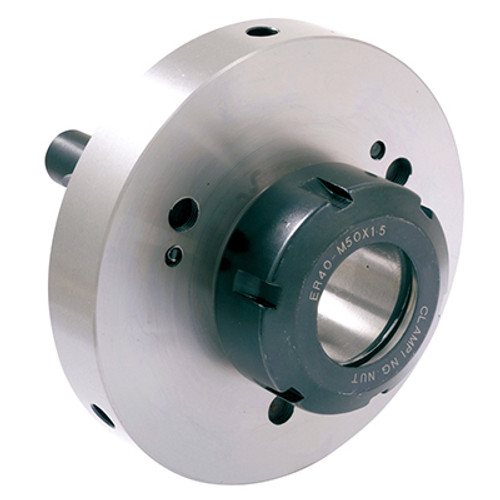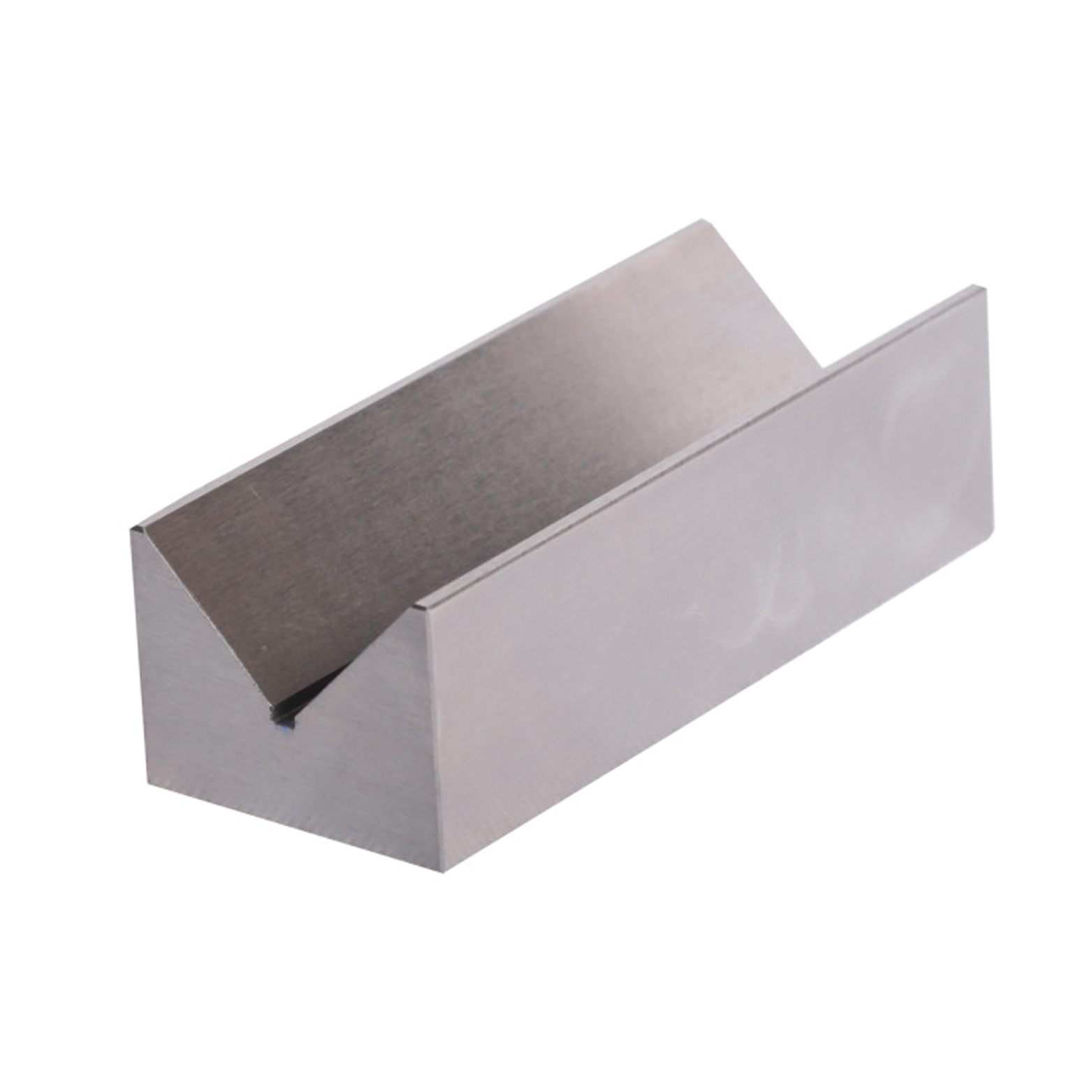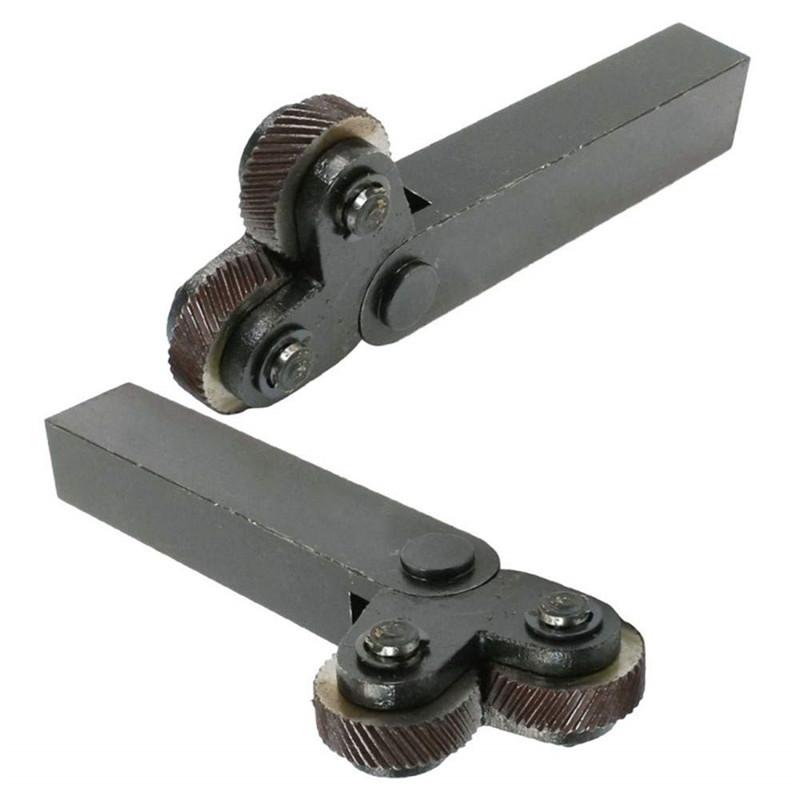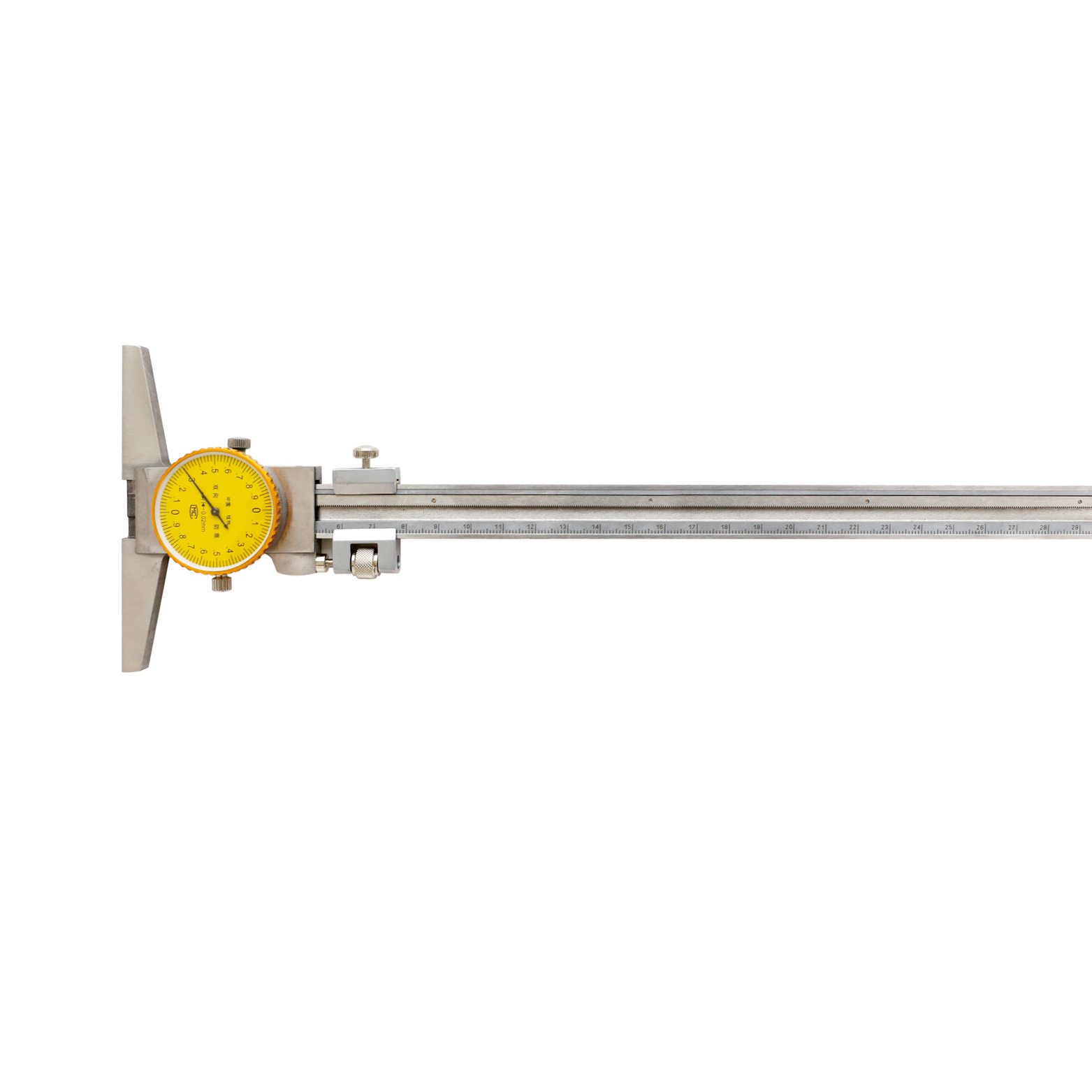High-Quality Corner Rounding End Mill set
A high-quality corner rounding end mill set is crucial for achieving precise and consistent edge rounding in various machining applications. This guide explores the features, benefits, and selection criteria for these essential tools, helping you choose the best set for your needs. We’ll also delve into common applications and best practices for optimal performance and longevity. Wayleading Tools offers a wide range of these sets to meet your specific needs.
Understanding Corner Rounding End Mills
What are Corner Rounding End Mills?
Corner rounding end mills, also known as radius cutters, are specialized cutting tools designed to create a rounded edge or radius on a workpiece. They differ from standard end mills, which typically produce square edges. The radius is precisely ground into the cutting edge of the tool, allowing for consistent and accurate rounding.
Benefits of Using a High-Quality Set
Investing in a high-quality corner rounding end mill set offers several advantages:
- Precision and Accuracy: High-quality sets are manufactured to tight tolerances, ensuring consistent radius dimensions.
- Improved Surface Finish: Properly used corner rounding end mills create smooth, burr-free edges, improving the overall aesthetics and functionality of the finished part.
- Increased Durability: High-quality materials and coatings extend the tool life, reducing the need for frequent replacements.
- Reduced Cycle Time: Efficient cutting geometry allows for faster feed rates and shorter cycle times.
- Versatility: A set provides a range of radii, accommodating various design requirements.
Key Features to Consider When Choosing a Corner Rounding End Mill Set
Material and Coating
The material and coating of the end mill significantly impact its performance and lifespan.
- Carbide: Carbide end mills are highly durable and resistant to wear, making them suitable for machining a wide range of materials. Solid carbide end mills offer superior rigidity and precision.
- High-Speed Steel (HSS): HSS end mills are less expensive than carbide but are not as durable or heat-resistant. They are suitable for softer materials and lower production volumes.
- Coatings: Common coatings include Titanium Nitride (TiN), Titanium Carbonitride (TiCN), and Aluminum Titanium Nitride (AlTiN). These coatings improve wear resistance, reduce friction, and enhance heat dissipation. AlTiN is a good choice for demanding applications and hard materials.
Radius Size and Tolerance
The radius size determines the amount of rounding applied to the edge. Ensure the set includes the range of radii required for your applications. Look for end mills with tight radius tolerances to ensure consistent results.
Number of Flutes
The number of flutes affects the cutting performance and chip evacuation. More flutes generally provide a better surface finish but can also increase cutting forces. Consider the material being machined and the desired surface finish when selecting the number of flutes.
- 2 Flutes: Ideal for slotting and plunging operations.
- 4 Flutes: Suitable for general-purpose machining and side milling.
- 6 or More Flutes: Best for finishing operations and materials that produce small chips.
Shank Diameter
The shank diameter must match the collet size of your milling machine. Common shank diameters include 1/4 inch, 3/8 inch, and 1/2 inch. Ensure the shank is securely clamped to prevent vibration and chatter.
Overall Length and Reach
The overall length and reach of the end mill should be appropriate for the depth of cut required. Avoid using end mills that are too long, as this can lead to deflection and poor surface finish.
Applications of Corner Rounding End Mills
Corner rounding end mills are used in a wide range of industries and applications, including:
- Aerospace: Rounding edges on aircraft components to improve fatigue resistance and safety.
- Automotive: Creating smooth edges on interior and exterior parts.
- Mold and Die Making: Producing accurate and consistent radii on mold cavities and die components.
- Medical Devices: Rounding edges on implants and instruments to improve patient safety.
- General Machining: Deburring and edge breaking on various metal and plastic parts.
Best Practices for Using Corner Rounding End Mills
Proper Setup and Tool Holding
Ensure the end mill is securely clamped in a high-quality collet. Use a collet chuck or shrink-fit holder for maximum rigidity. Align the workpiece and end mill accurately to prevent uneven cutting.
Cutting Parameters
Select appropriate cutting parameters based on the material being machined and the end mill specifications. Consult the manufacturer's recommendations for speed, feed, and depth of cut. Start with conservative parameters and gradually increase them until optimal performance is achieved.
Coolant and Lubrication
Use coolant or lubricant to reduce heat and friction during machining. This will extend the tool life and improve the surface finish. Choose a coolant that is compatible with the material being machined. Wayleading Tools specialists can advise on the best options for your specific application.
Regular Inspection and Maintenance
Inspect the end mill regularly for wear and damage. Replace dull or damaged end mills to prevent poor surface finish and tool breakage. Clean the end mill after each use to remove chips and debris.
Example High-Quality Corner Rounding End Mill Sets
Below is a comparison of some popular high-quality corner rounding end mill sets, highlighting their features and benefits.
| Set Name | Material | Coating | Radius Range | Number of End Mills |
|---|---|---|---|---|
| Brand X Corner Rounding Set | Solid Carbide | AlTiN | 1/16' - 1/2' | 8 |
| Brand Y Radius Cutter Set | Carbide | TiCN | 1/8' - 3/8' | 6 |
| Wayleading Tools Professional Corner Rounding Set | Micrograin Carbide | AlTiN | 0.031' - 0.250' | 10 |
Conclusion
Choosing the right high-quality corner rounding end mill set is essential for achieving precise, consistent, and high-quality results in your machining operations. By considering the factors discussed in this guide, you can select the best set for your specific needs and optimize your machining processes. Explore the extensive selection available at Wayleading Tools to find the perfect set for your next project. Investing in quality tooling pays dividends in terms of accuracy, efficiency, and longevity.
Related products
Related products
Best selling products
Best selling products-
 TCT Annular Cutters With Weldon Shank For Metal Cutting
TCT Annular Cutters With Weldon Shank For Metal Cutting -
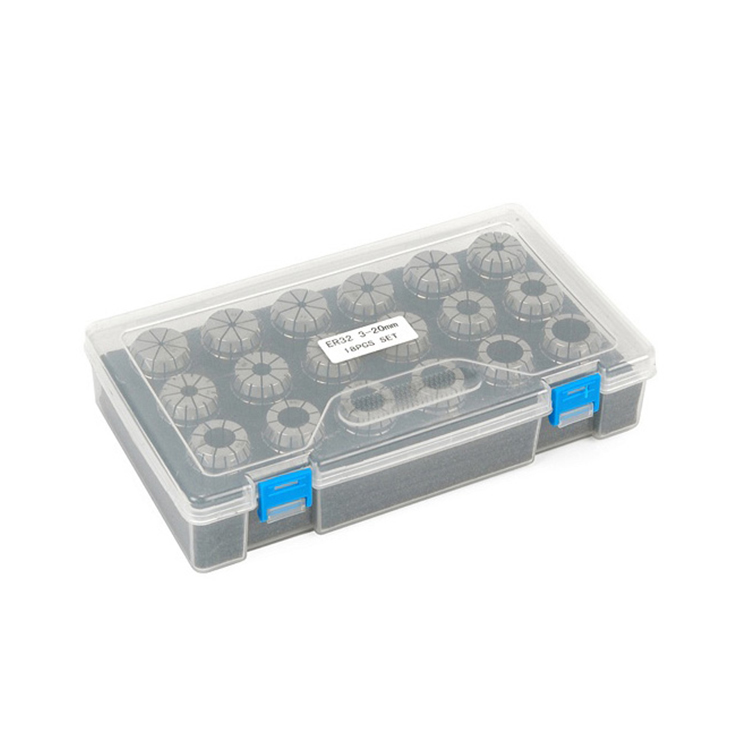 ER Collet Set With Hight Precision Milling
ER Collet Set With Hight Precision Milling -
 25PCS DIN338 HSS Twist Drill Bit Set From 1-13mm
25PCS DIN338 HSS Twist Drill Bit Set From 1-13mm -
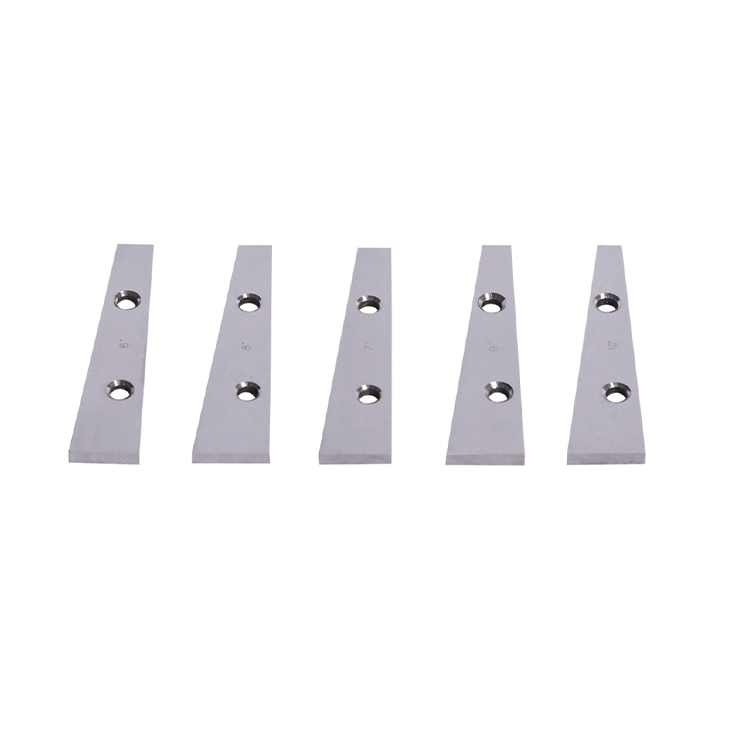 Precision 5pcs & 6pcs Angle Blocks Set With High Quality Type
Precision 5pcs & 6pcs Angle Blocks Set With High Quality Type -
 Inch HSS 1/2″ Reduce Shank Drill Bit For Metal Cutting Of High Precision
Inch HSS 1/2″ Reduce Shank Drill Bit For Metal Cutting Of High Precision -
 Precision Digital Caliper Of With Metric & Inch Size For Industrial
Precision Digital Caliper Of With Metric & Inch Size For Industrial -
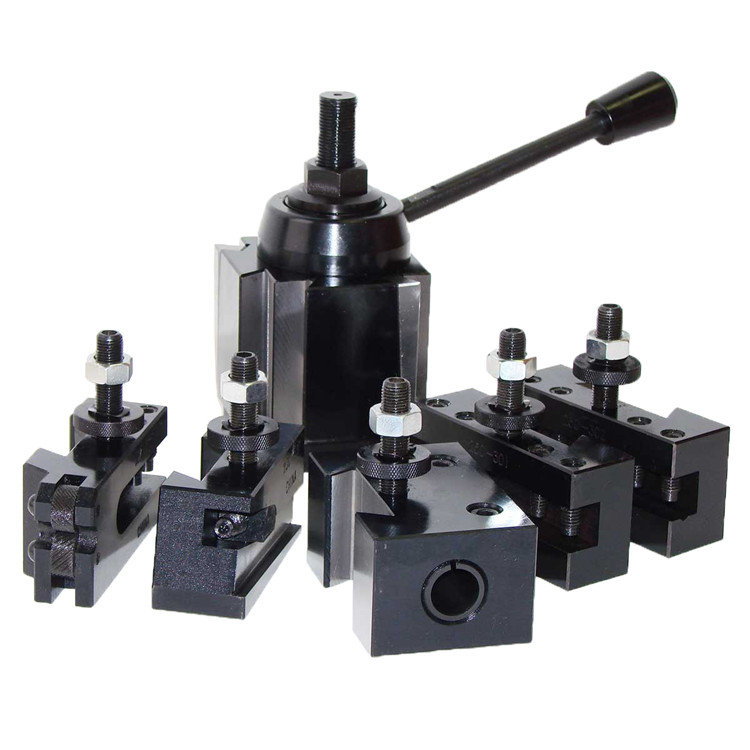 Wedge Type Quick Change Tool Post Set In lathe Machine
Wedge Type Quick Change Tool Post Set In lathe Machine -
 Precision V Block Set With High Quality Type
Precision V Block Set With High Quality Type -
 Stub Milling Machine Arbor With NT, R8 and MT Shank
Stub Milling Machine Arbor With NT, R8 and MT Shank -
 HSS Metric & Inch Woodruff Keyseat Cutter With Straight Or staggered Teeth
HSS Metric & Inch Woodruff Keyseat Cutter With Straight Or staggered Teeth -
 HSS DP Involute Gear Cutters With PA20 And PA14-1/2
HSS DP Involute Gear Cutters With PA20 And PA14-1/2 -
 7pcs Carbide Turning Tool Set With Metric & Inch Size
7pcs Carbide Turning Tool Set With Metric & Inch Size


